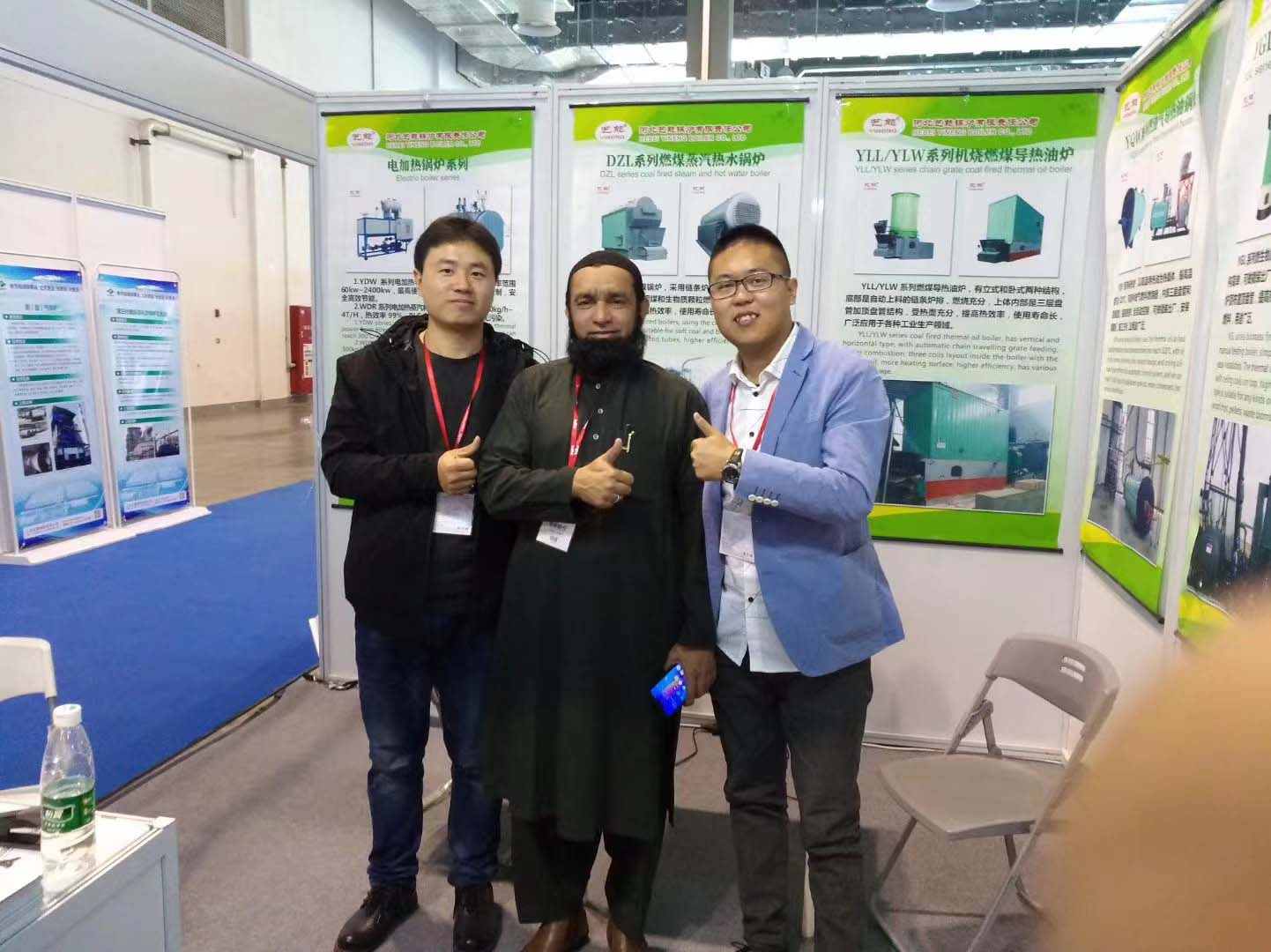boiler for asphalt emulsion service
Boilers for Asphalt Emulsion Service An Overview
Asphalt emulsion is a vital component in road construction and maintenance, providing a durable and flexible surface for highways, parking lots, and driveways. The manufacturing of asphalt emulsion requires precise temperature control and careful mixing of various materials, which is where boilers play a critical role. In this article, we will explore the importance of boilers in asphalt emulsion service, their operational requirements, and the benefits they bring to the industry.
At its core, an asphalt emulsion consists of asphalt cement, water, and an emulsifying agent. The process of creating this emulsion involves heating the asphalt to a specific temperature to reduce its viscosity, allowing it to mix efficiently with water and the emulsifier. This is where boilers come into play; they generate the steam or hot water needed to achieve and maintain the desired temperatures during the production process.
Types of Boilers Used
There are several types of boilers that can be utilized in asphalt emulsion applications, including fire-tube, water-tube, and electric boilers. Fire-tube boilers are common in many manufacturing environments due to their efficiency and reliability. They use hot gases produced by combustion to heat water, converting it into steam for various applications, including the heating of asphalt.
Water-tube boilers, on the other hand, are favored for their ability to generate high-pressure steam and their compact design, which is particularly useful in spaces where floor area is limited. Electric boilers offer another alternative and are often recommended for their low emissions and ease of operation, although they may come with higher operational costs depending on electricity prices in the region.
Operational Considerations
boiler for asphalt emulsion service

When selecting a boiler for asphalt emulsion service, several factors need to be considered. These include temperature control, ease of maintenance, and the specific production demands of the facility. The boiler must be capable of reaching and maintaining the temperatures required for the emulsification process, typically between 150°F (65°C) and 350°F (175°C).
Regular maintenance is also crucial to ensure optimal performance and prevent downtime. Scheduled inspections, cleaning, and servicing of the boiler contribute to safety and efficiency, minimizing the likelihood of unexpected failures that can halt production.
Benefits of Using Boilers in Asphalt Emulsion Production
The integration of high-quality boilers into asphalt emulsion production facilities brings numerous benefits. Firstly, they provide the necessary heat to produce emulsions quickly and efficiently, helping to meet the demands of large-scale projects. Secondly, maintaining consistent temperatures improves the quality and stability of the emulsion, resulting in a superior end product that performs well under various environmental conditions.
Moreover, modern boiler technology incorporates advanced controls and automation, enabling producers to optimize energy consumption, reduce emissions, and lower operating costs. These eco-friendly features align with the industry’s growing emphasis on sustainability, allowing asphalt manufacturers to contribute positively to environmental efforts.
In conclusion, boilers are an integral part of the asphalt emulsion production process, ensuring that high-quality emulsions are produced efficiently and sustainably. Selecting the right boiler and maintaining it properly can lead to enhanced operational performance, cost savings, and ultimately, superior paving materials that stand the test of time.
-
High-Efficiency Hot Conduction Oil Boiler Supplier & Factory SolutionsNewsMay.23,2025
-
High-Efficiency Boilers for Chemical Fiber Industry CE CertifiedNewsMay.23,2025
-
Weil-McLain EG-40 Gas Steam Boiler Efficient & Reliable HeatingNewsMay.22,2025
-
Electric Heating Steam Boiler Supplier Efficient & Factory Direct SolutionsNewsMay.22,2025
-
Best Steam Boilers High-Efficiency Gas-Fired & Industrial ModelsNewsMay.21,2025
-
Crown Gas Fired Steam Boiler Supplier Efficient Industrial BoilersNewsMay.21,2025

